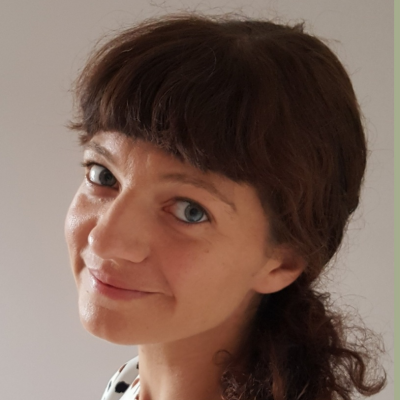Human beings talk a lot about stepping out of their 'comfort zone', but what exactly is on the outside of this zone that is so uncomfortable and indeed what merit is there in going there?
Learning new things is the very essence of our development. In infancy and childhood, we accumulate information and skills at a rate practically unimaginable. All of this is dependent on a very simple human desire. The desire to survive. Feeling that we are 'bad' or that we are incapable is associated with a fear of annihilation.
In effect we are born into an 'uncomfort zone' we know nothing, we are 'bad' at being human and all the learning that takes place in our early years is a quest to make ourselves comfortable. We are motivated by a desire not to be bad or rather to feel all feelings associated with being 'bad', because, quite simply put, being bad at being a human makes us unsafe.
During the period of latency broadly speaking, primary school age the desire to escape the feelings around not being good at things serve us pretty well. Provided they are in an emotionally safe learning environment a child will choose to overcome the feelings of being small and incompetent by acquiring as much information as is possible. Behaviours such as fact learning and reciting, or repetitive play in order to hone skills become common place. What is it then that happens between childhood and adulthood that changes the way we respond to feeling like we are incapable?
As we grow and develop we start to learn hacks and shortcuts. Some serve us well, for example the ability to recognise patterns will take some of the work out of mathematics and laying out of our clothes out in the evening might make our morning routine the next day a little easier. However, the ability to avoid the feeling of being bad without having to learn not to be is a hack that may not be serving us well at all.
How many of us have avoided learning something new or indeed picking up an old hobby because we really do not want to have to experience being not able to do it? As adults we become adept at creating ways to not feel 'useless'. We develop creative adjustments or strategies such as pretending we are more capable than we really are, pretending we are less capable than we really are, surrounding ourselves with people we feel do not threaten our ability to feel 'good', focusing on and drawing attention to the shortcomings of those around us and quite simply staying within our 'comfort zone'.
Society is built on the premise that excellence is to be celebrated and rewarded, why would we want to be anything other than excellent? We don't get to be truly excellent at anything though, unless we are brave enough to be bad at it first. All those authentically successful people out there got to be that way because they allowed themselves the experience of being a bit terrible and the sometimes uncomfortable process of improvement.
Often in my therapy room I will sense a client describing a feeling or a behaviour with an element of shame attached, as if they have to be not 'bad' with me. They will describe how they have responded to a difficult feeling with an apologetic statement like 'I know that it wasn't very mature/kind/sensible but...' I will almost always raise awareness to this. It is really important to me that clients start to feel more comfortable with finding things difficult. It really is OK to not be OK. Pretending you are OK or avoiding that area of the work is not going to make things better.
It is also really important to remember that developing as a human being in so many ways is not linear. You are not going to engage with the process of therapy, or whatever route you choose, and one day find yourself the most excellent human being that ever there was and stay that way. There may well be periods of time when you feel like you are becoming really rather good at human 'beinging' and then suddenly experience all the insecurities that come with feeling like you don't know how to anymore. This is not the end of the world at all. It is in fact most likely the beginning of the acquisition of something new.
In the words of Yalom: "If you want to choose the pleasure of growth, prepare yourself for some pain". Allowing yourself to be bad is brave and to be commended, we could all do with being a bit better at it.

